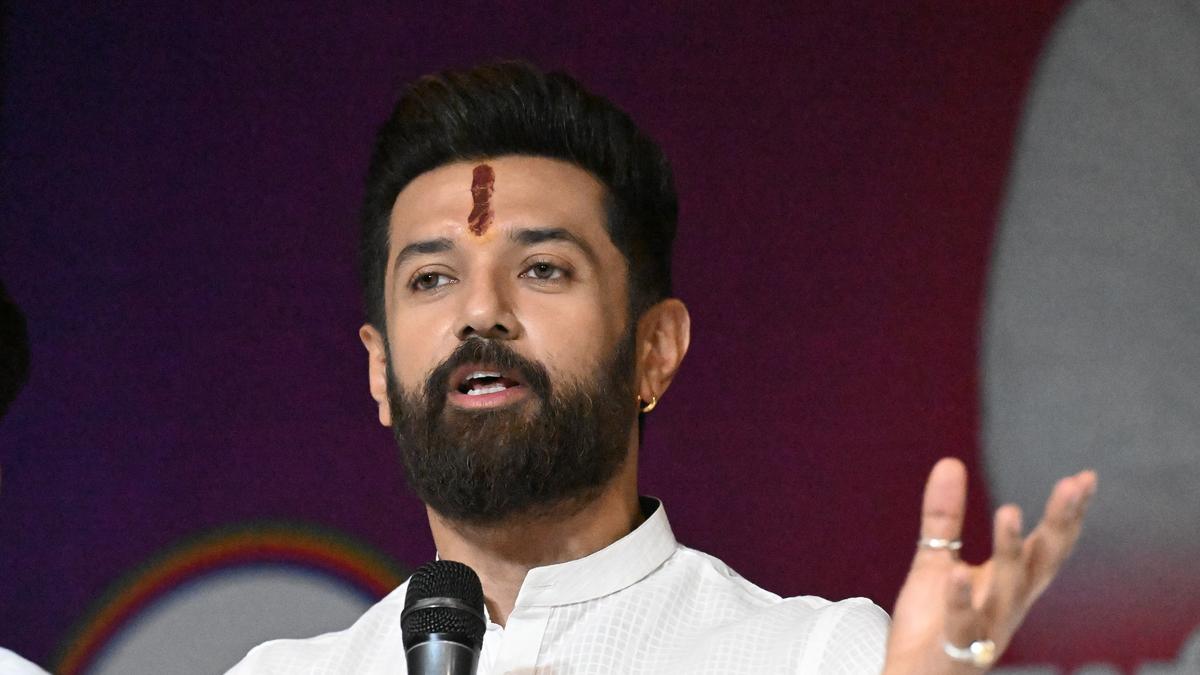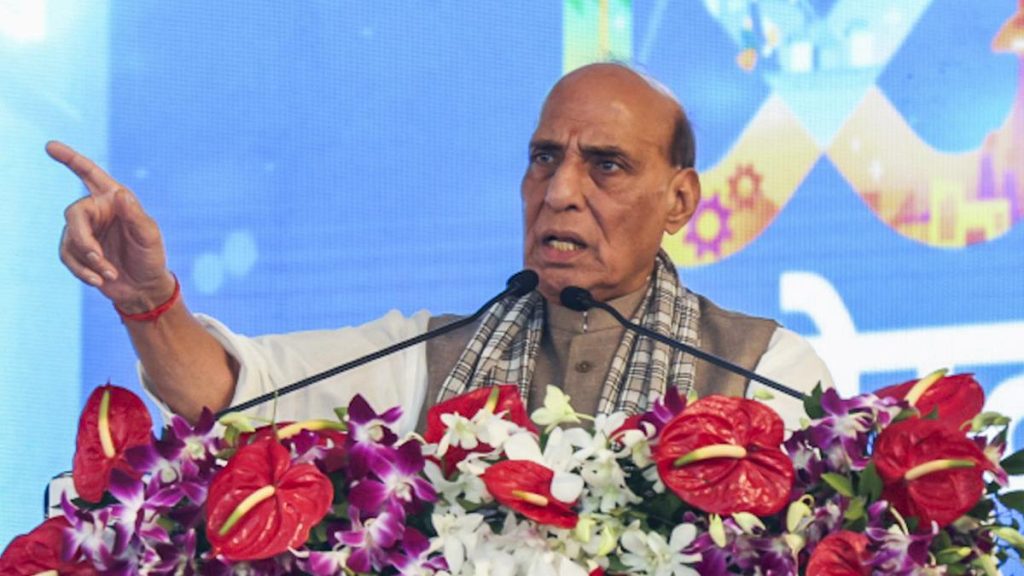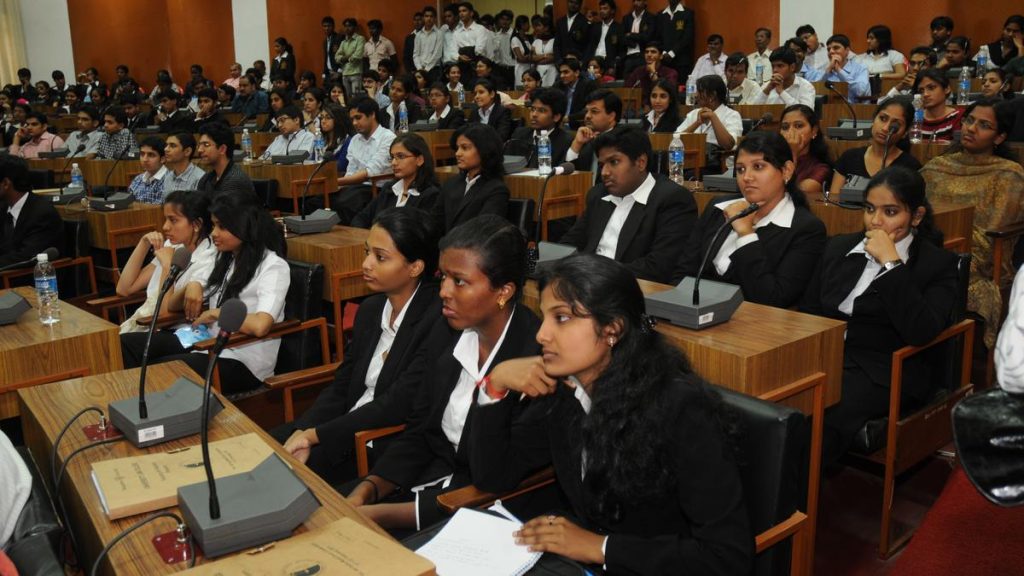Now Reading: Chirag Paswan Rules Out Contesting Beyond NDA Alliance
-
01
Chirag Paswan Rules Out Contesting Beyond NDA Alliance
Chirag Paswan Rules Out Contesting Beyond NDA Alliance

Quick Summary
- Chirag Paswan, Union Minister and Lok Jan Shakti Party (Ram Vilas) president, defended his criticism of Bihar’s JD(U)-led government, stating it stems from concerns about the State’s law and order situation.
- Recent incidents such as the gang-rape of a Bihar Military Police aspirant in Bodh Gaya intensified his comments. Mr. Paswan regretted supporting the government given the circumstances.
- He clarified that he is not rebelling or questioning NDA unity but seeks accountability from the Bihar government. His party supports the State government externally but is not part of it.
- Mr. Paswan praised Chief Minister Nitish Kumar for past reforms and expressed optimism in his leadership to address current challenges.
- Denying plans to contest Assembly polls outside NDA, he affirmed faith in coalition unity while dismissing rumors about seat-sharing disputes or Mr. Kumar’s mental fitness.
- He criticized Opposition demands for debates over electoral roll revisions by referring to its constitutional handling by India’s Election Commission.
- With aspirations for broader appeal beyond caste-based politics, LJP(RV) aims to shift focus toward women and youth voters rather than traditional caste alignments.
Indian Opinion Analysis
Chirag Paswan’s remarks highlight tensions within Bihar politics, particularly regarding governance challenges ahead of forthcoming elections. While openly critical of worsening law and order issues under Nitish Kumar’s management, his reaffirmation of trust in both NDA cohesiveness and Mr. Kumar reflects careful navigation between constructive criticism and political alignment.
Paswan’s commentary on broadening voter appeal beyond caste systems signals an attempt at evolving regional political discourse amidst entrenched identity politics-a significant move given Bihar’s sociopolitical landscape typically tied to such affiliations.
His stance on electoral roll revision underscores procedural clarity surrounding Election commission independence while exposing deeper frustrations over parliamentary functioning amid intense opposition pressure-an issue reflective of larger national dynamics where procedural disputes often consume legislative bandwidth.This unfolding scenario may influence strategic recalibrations within alliances heading into elections with balance sought between dissent management and cohesion among multiple stakeholders across power hierarchies.
for more details: The Hindu





















